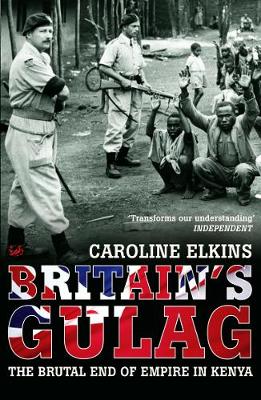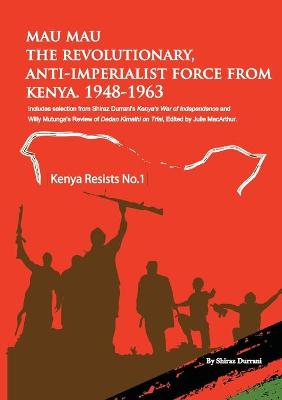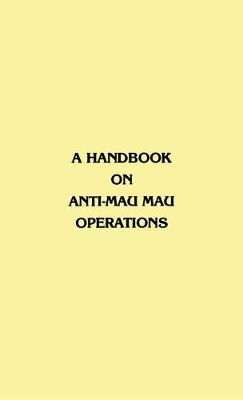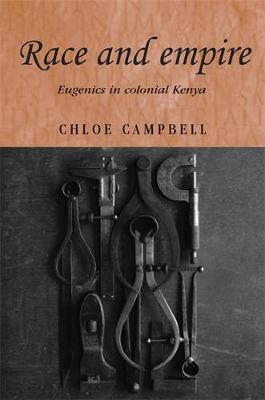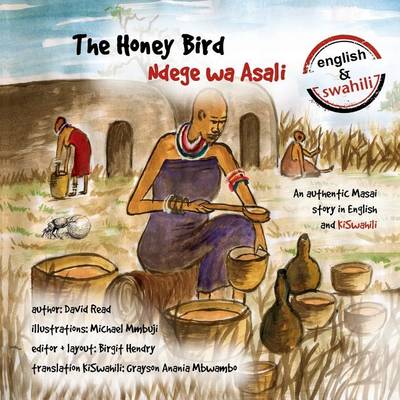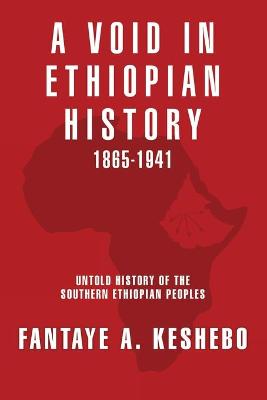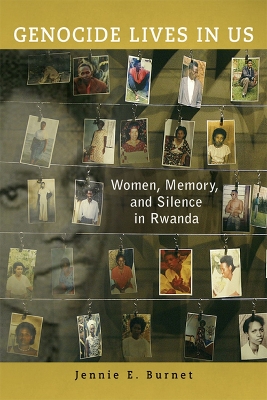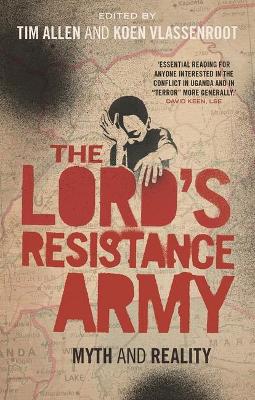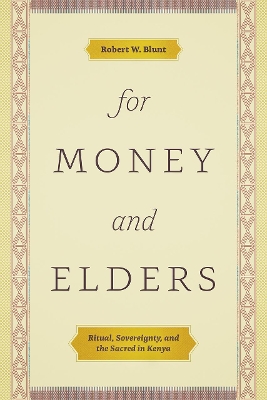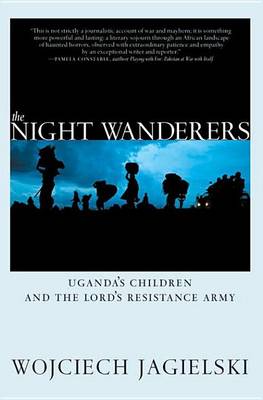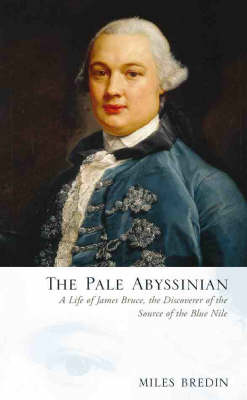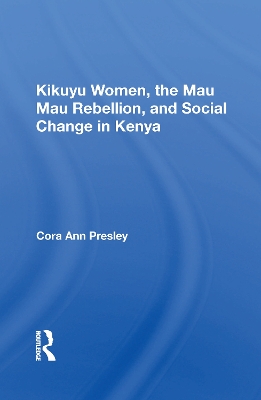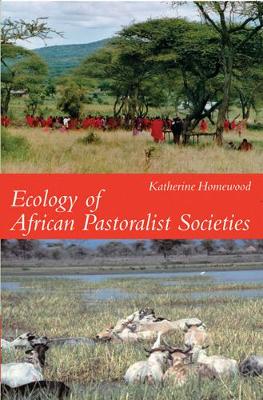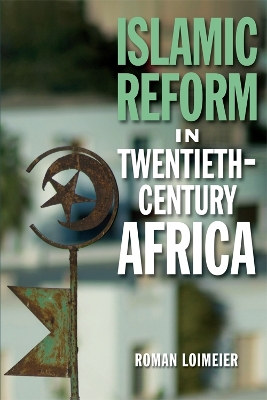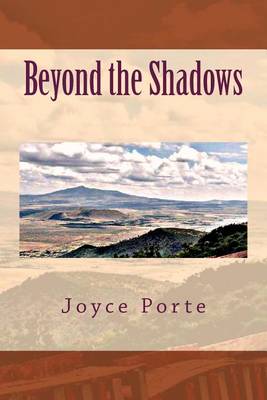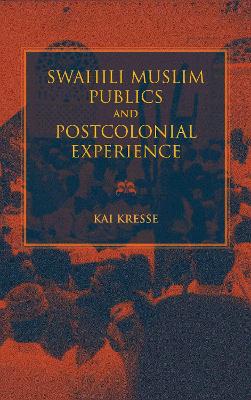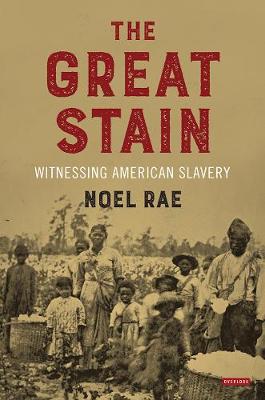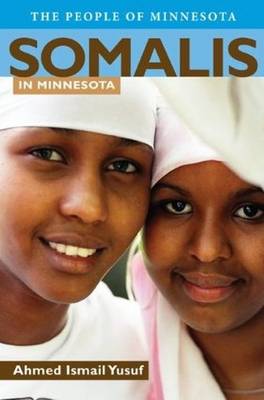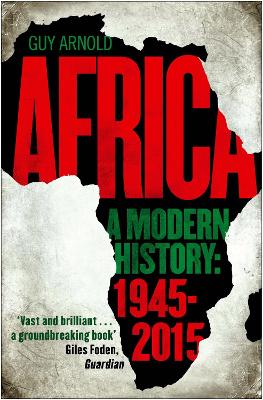Britain fought in the Second World War to save the world from fascism. But just a few years after the defeat of Hitler came the Mau Mau uprising in Kenya - a mass armed rebellion by the Kikuyu people, demanding the return of their land and freedom. The draconian response of Britain's colonial government was to detain nearly the entire Kikuyu population of one-and-a half-million - to hold them in camps or confine them in villages ringed with barbed wire - and to portray them as sub-human savages....
Mau Mau the Revolutionary, Anti-Imperialist Force from Kenya (Kenya Resists, #1)
by Shiraz Durrani
Race and empire tells the story of a short-lived but vehement eugenics movement that emerged among a group of Europeans in Kenya in the 1930s, unleashing a set of writings on racial differences in intelligence more extreme than that emanating from any other British colony in the twentieth century. The Kenyan eugenics movement of the 1930s adapted British ideas to the colonial environment: in all its extremity, Kenyan eugenics was not simply a bizarre and embarrassing colonial mutation, as it wa...
In the aftermath of the 1994 genocide, Rwandan women faced the impossible-resurrecting their lives amidst unthinkable devastation. Haunted by memories of lost loved ones and of their own experiences of violence, women rebuilt their lives from "less than nothing." Neither passive victims nor innate peacemakers, they traversed dangerous emotional and political terrain to emerge as leaders in Rwanda today. This clear and engaging ethnography of survival tackles three interrelated phenomena-memory,...
The Lord's Resistance Army
The Lord's Resistance Army is Africa's most persistent and notorious 'terrorist' group. Led by the mysterious Joseph Kony, it has committed a series of horrific human rights abuses, including massacres and mutilations. Since the mid 1980s, it has abducted tens of thousands of people, including large numbers of children forced to train as fighters. The IC in 2005 issued warrants for Kony and his top commanders, and the United States is backing a military campaign against the group. But the LRA su...
Think Mother Jones meets Mother Teresa, in Mogadishu. Amid a volatile mix of disease, war, and religious fundamentalism in the Horn of Africa, what difference could one woman make? Annalena Tonelli left behind career, family, and homeland anyway, moving to a remote Muslim village in northern Kenya to live among its outcasts - desert nomads dying of tuberculosis, history's deadliest disease. "I am nobody," she always insisted. Yet by the time she was killed for her work three decades later she...
Many observers of Kenya's complicated history raise cause for concern, offering critiques of practices such as the use of public office for private gain and a constitutional structure that gives the executive branch lopsided influence. Yet efforts from critics and academics to diagnose the country's problems do not often consider what these fiscal and political issues mean to ordinary Kenyans. How do Kenyans express their own political understandings, make sense of governance, and articulate wha...
Fleeing the aggressive reach of the Lord’s Resistance Army (LRA) and their brutal leader Joseph Kony, on an average night in northern Uganda tens of thousands of children head for the city centers to avoid capture. They find refuge on the floors of aid agencies or in the streets. In recent years, the civil society was almost completely destroyed by the LRA, itself made up almost entirely of kidnapped children. Piecing together what has been broken is proving to be a nearly impossible task. Po...
The achievements of James Bruce are the stuff of legends. In a time when Africa was an unexplored blank on the map, he discovered the source of the Blue Nile, lived with the Emperor of Abyssinia at court in Gondar, commanded the Emperor's horse guard in battle and fell in love with a princess. After 12 years of travels, and having cheated death on countless occasions, Bruce returned to England from his Herculean adventures only to be ridiculed and despised as a fake by Samuel Johnson and the res...
Kikuyu Women, The Mau Mau Rebellion, And Social Change In Kenya
by Cora Ann Presley
Based on rare oral data from women participants in the "Mau Mau" rebellion, this book chronicles changes in women's domestic reproduction, legal status, and gender roles that took place under colonial rule. The book links labour activism, cultural nationalism, and the more overtly political issues of land alienation, judicial control, and character
This study presents a comprehensive survey and analysis of the literature and debates surrounding African pastoralist societies by a leading anthropologist of African pastoralism. Katherine Homewood traces the origins and spread of pastoralism on the African continent before examining contemporary pastoralist environments and livelihoods. There are separate discussions of herd biology, pastoralist demography, and the impact of developments and change on pastoralist systems.
Based on twelve case studies (Senegal, Mali, Nigeria, Niger, Chad, Sudan, Ethiopia, Somalia, Kenya, Tanzania, Zanzibar and the Comoros), this book looks at patterns and peculiarities of different traditions of Islamic reform. Considering both Sufi- and Salafi-oriented movements in their respective historical contexts, it stresses the importance of the local context to explain the different trajectories of development. The book studies the social, religious and political impact of these reform m...
Swahili Muslim Publics and Postcolonial Experience (African Expressive Cultures)
by Kai Kresse
Swahili Muslim Publics and Postcolonial Experience is an exploration of the ideas and public discussions that have shaped and defined the experience of Kenyan coastal Muslims. Focusing on Kenyan postcolonial history, Kai Kresse isolates the ideas that coastal Muslims have used to separate themselves from their "upcountry Christian" countrymen. Kresse looks back to key moments and key texts-pamphlets, newspapers, lectures, speeches, radio discussions-as a way to map out the postcolonial experie...
A magisterial and sweeping history of modern Africa.The end of the Second World War signalled the rapid end of the European African empires. In 1945, only four African countries were independent; by 1963, thirty African states created the Organization of African Unity. Despite formidable problems, the 1960s were a time of optimism as Africans enjoyed their new independence, witnessed increases in prosperity and prepared to tackle their political and economic problems in their own way. By the 199...
